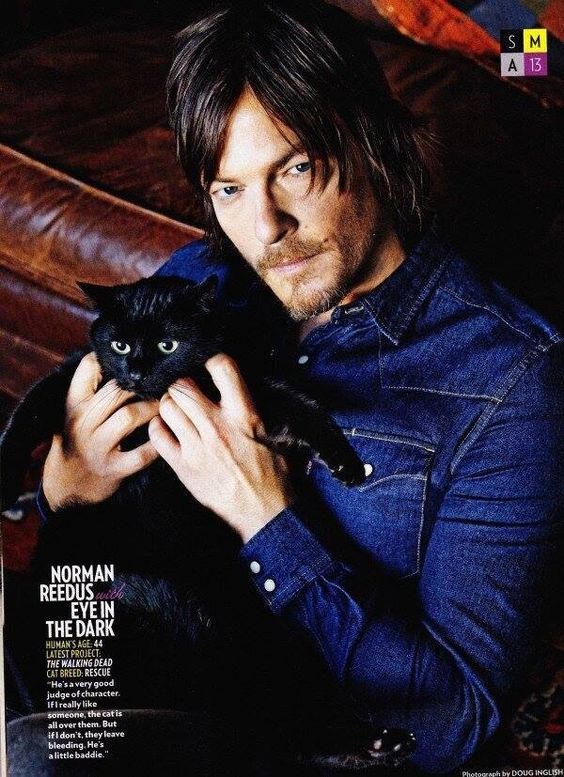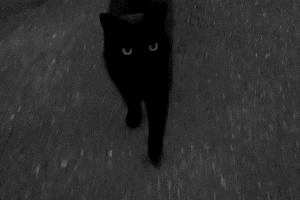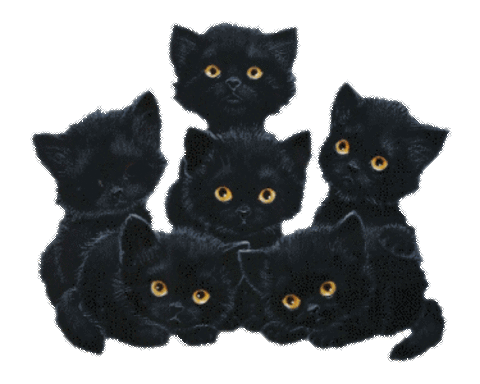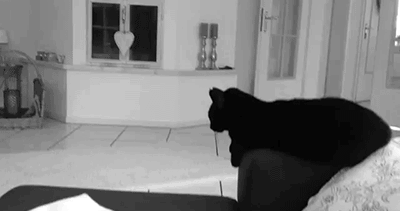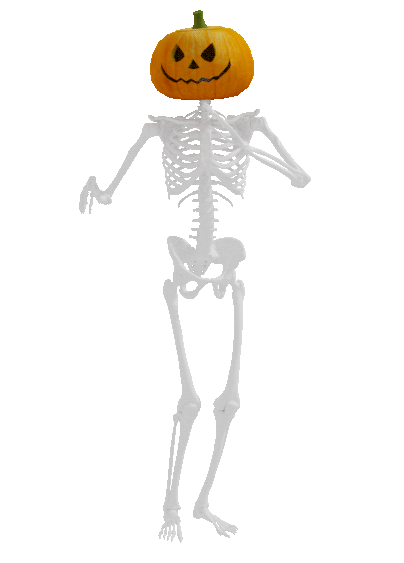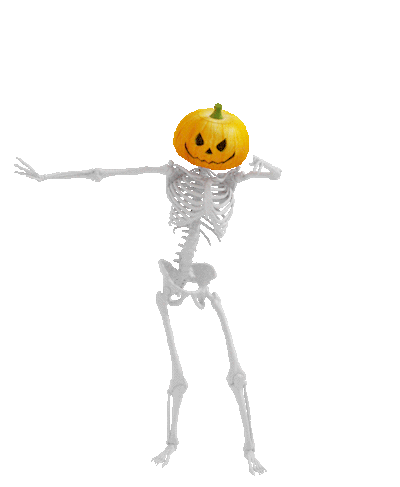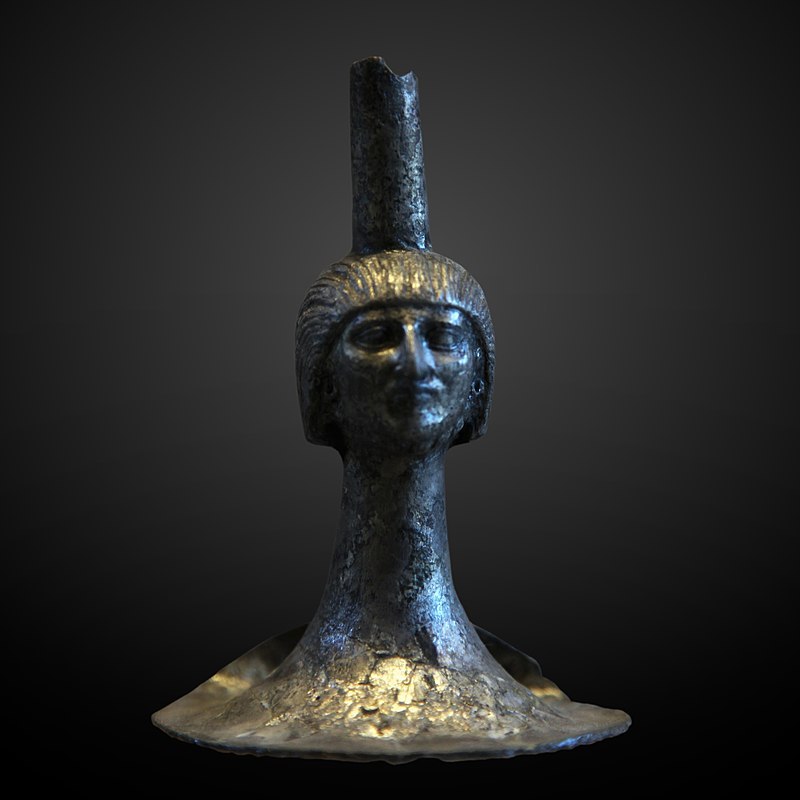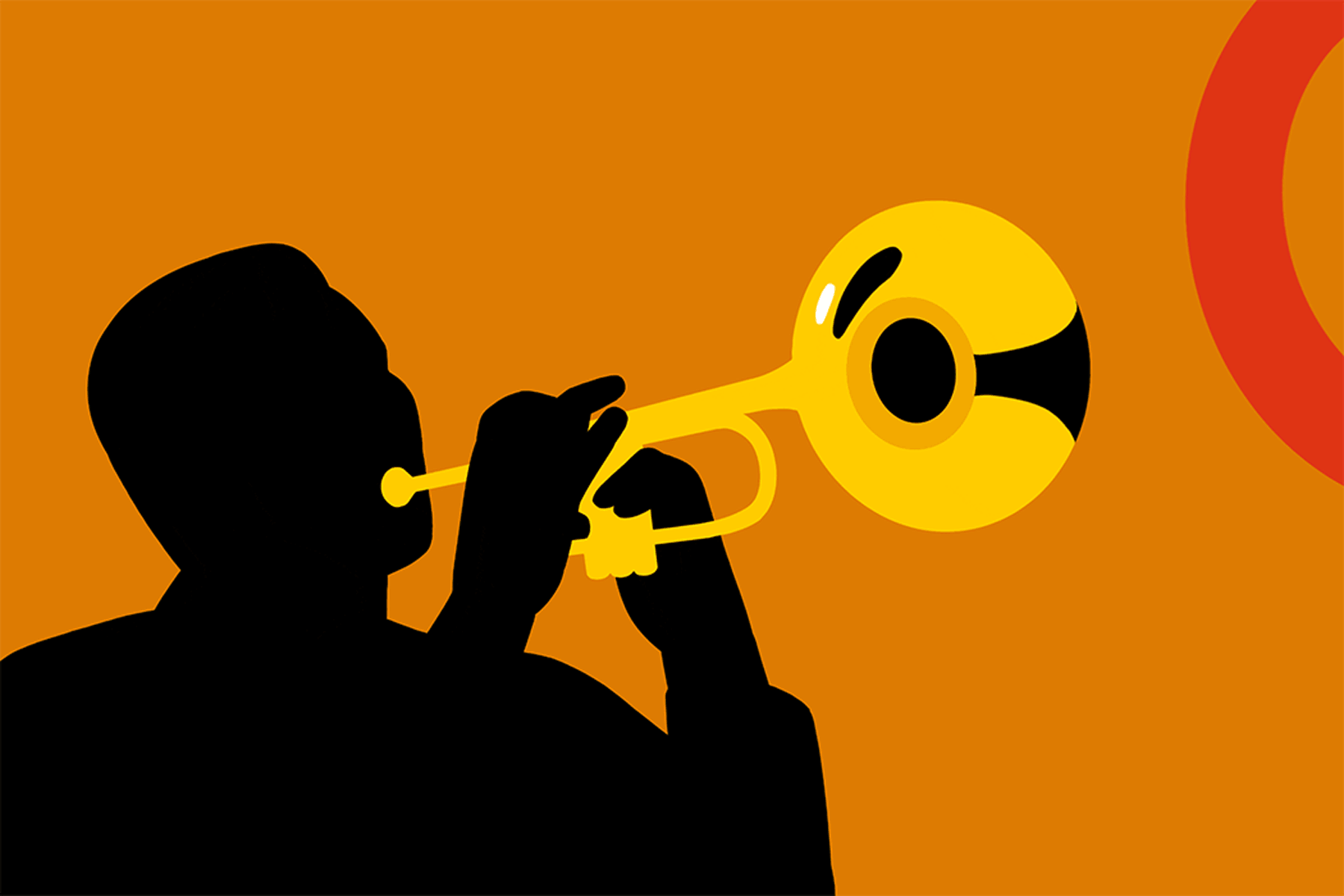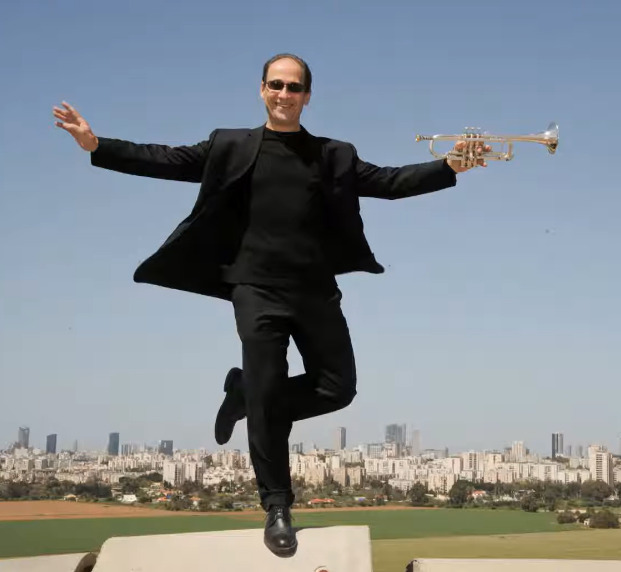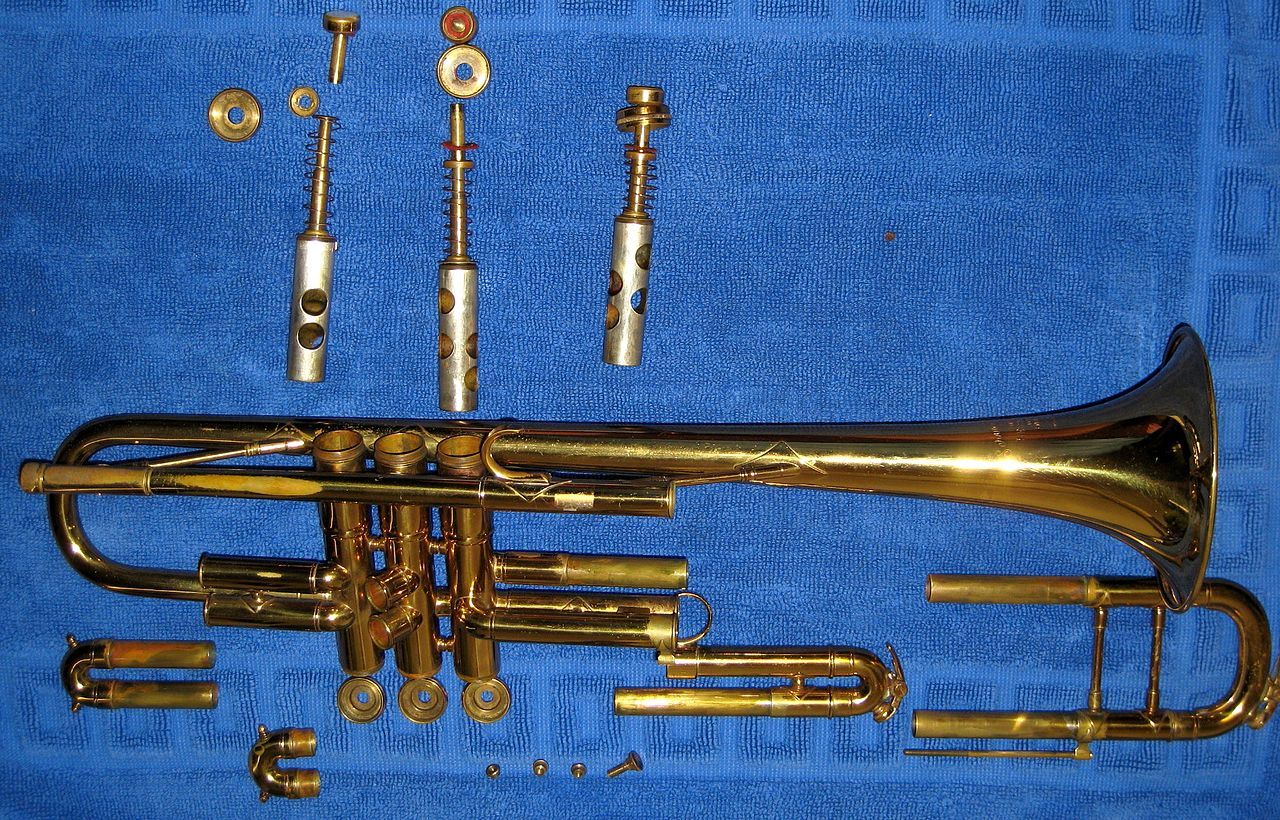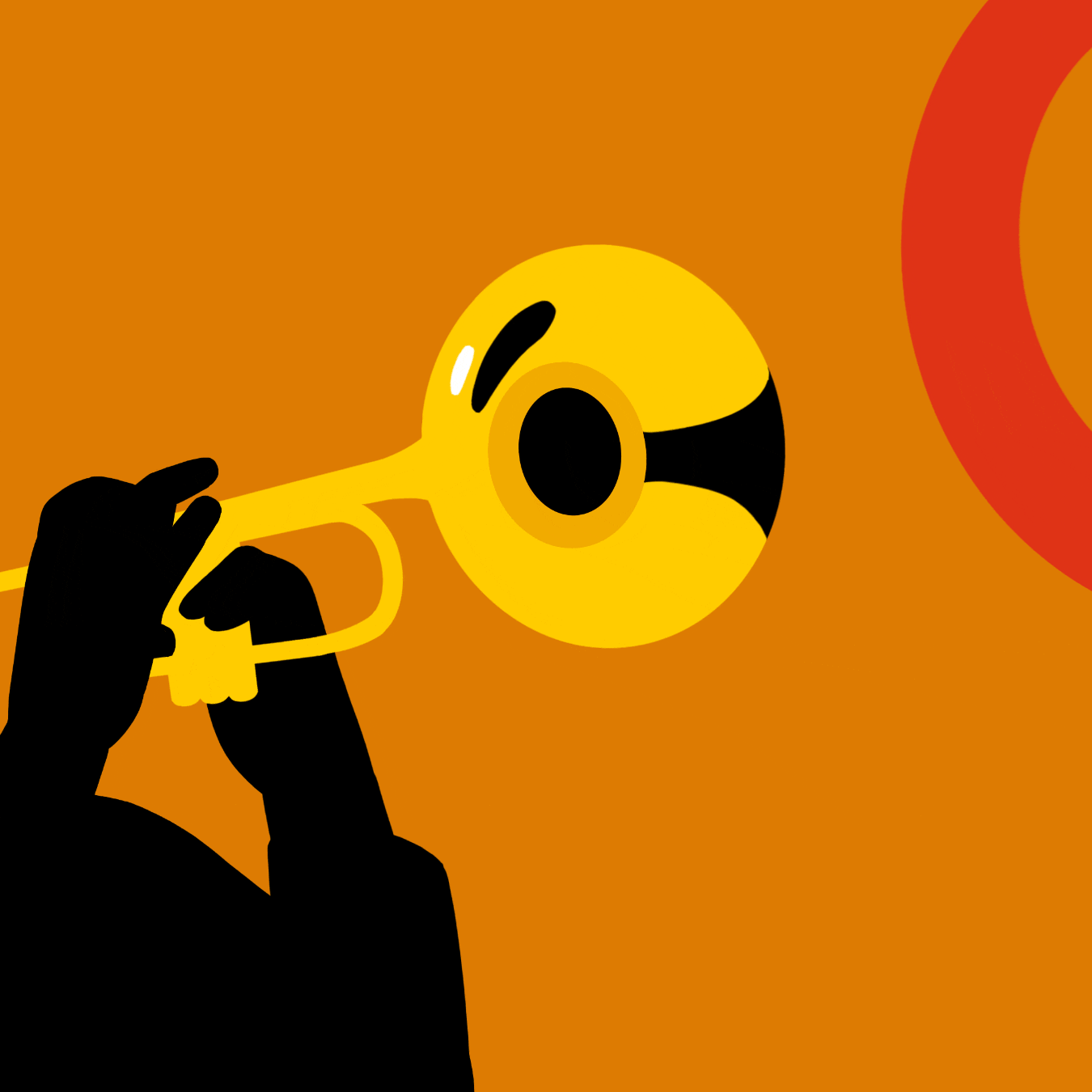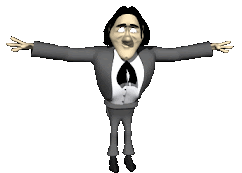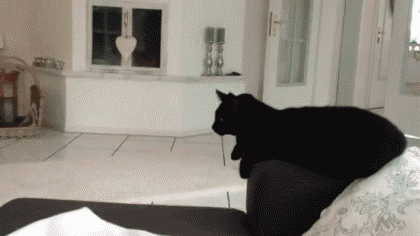Halloween 🎃 Music 🎼

👇 📺 👇 Click Below to 👀 Choose a Video 👇
🎃🧹🧙🏼♀️🐈🕯💀🧙🍁👻🧛🧡🧙🏻♀️🦇🧟♀️🍂🍬😈👺👹🕸🕷🤡👽
| # | Halloween 🎃 Music 🎼 | Video |
| 1 | Michael Jackson Thriller Animation | 6:44 |
| 2 | Monster Mash - Singing Pumpkins Animation | 3:31 |
| 3 | I Put A Spell On You * By Bette Midler-SJ Parker -K.Najimy | 2:27 |
| 4 | Happy Halloween Bohemian Rhapsody | 4:46 |
| 5 | This is Halloween - Singing Pumpkins Effect Animation | 3:32 |
| 6 | Spooky Scary Skeletons - Original Video [4K HD] | 2:39 |
| 7 | Halloween 2014 Light Show -Bohemian Rhapsody Naperville IL | 5:58 |
| 8 | Bohemian Rhapsody - Frank Skinnotra and the Gabbing Gourds | 4:46 |
| 9 | Bohemian Rhapsody - Singing Pumpkins Effect Animation | 6:12 |
| 10 | Bohemian Rhapsody - Halloween Video Version 🎃👻 | 5:57 |
| 11 | This Is Halloween - Singing Pumpkins Halloween light show 2012 | 3:34 |
| 12 | Halloween Light Show 2014, Michael Jackson, Thriller Naperville IL | 5:54 |
| 13 | Full Halloween Fire and Light Show - 4K 2023 | 15:38 |
| 14 | The Skeleton Shake! 💀🎩 Halloween Dance | 3:37 |
| 15 | Classical Music for Halloween | 2:33:31 |
| 16 | The Alexander's Halloween Video Loop 2018 | 19:05 |
| 17 | Classical Music for Halloween | 2:03:16 |
| 18 | Hocus Pocus 2 * One Way Or Another * Uncut Scene | 7:00 |
| 19 | Cozy Autumn Village Halloween 🎃 Fall 🎃 Feel Peaceful | Live |
| 20 | Spooky Jazz Cozy Autumn Cafe Halloween Ambience Relax, Sleep | Live |
| 21 | Bohemian Catsody - Parody Song for Every Cat Queen and King! | 5:31 |
The Origins & True Meaning
of Halloween
TheStoryChannel.co.uk
👇 🎃 👇
🎃🧹🧙🏼♀️🐈 🕯💀 🧙🦇🍁👻🧛🧡🧙🏻♀️🖤🧟♀️🍂🍬😈👺👹🕸🕷🤡👽
https://youtu.be/f8SY6Wb70bU?si=V_6B6yyjMij09-FU
.gif) Remember to Scroll DOWN to the BOTTOM of Page
👀
Remember to Scroll DOWN to the BOTTOM of Page
👀
TheStoryChannel.co.uk
👇 🎃 👇
🎃🧹🧙🏼♀️🐈 🕯💀 🧙🦇🍁👻🧛🧡🧙🏻♀️🖤🧟♀️🍂🍬😈👺👹🕸🕷🤡👽
https://youtu.be/f8SY6Wb70bU?si=V_6B6yyjMij09-FU
🎃🧙🏼♀️💀 🧙🦇👻🧛🧙🏻♀️🧹🧟♀️🍂🍬👺👹🕸🕷🤡👽

The History of Halloween
👇 🎃 👇
ttps://youtu.be/UyOqOa440l4?si=dR6fO3gC0LBIyYkp
🎃🧹🧙🏼♀️🐈 🕯💀 🧙🦇🍁👻🧛🧡🧙🏻♀️🖤🧟♀️🍂🍬😈👺👹🕸🕷🤡👽

The History of Halloween
👇 🎃 👇
ttps://youtu.be/UyOqOa440l4?si=dR6fO3gC0LBIyYkp
🎃🧹🧙🏼♀️🐈 🕯💀 🧙🦇🍁👻🧛🧡🧙🏻♀️🖤🧟♀️🍂🍬😈👺👹🕸🕷🤡👽




.gif)
